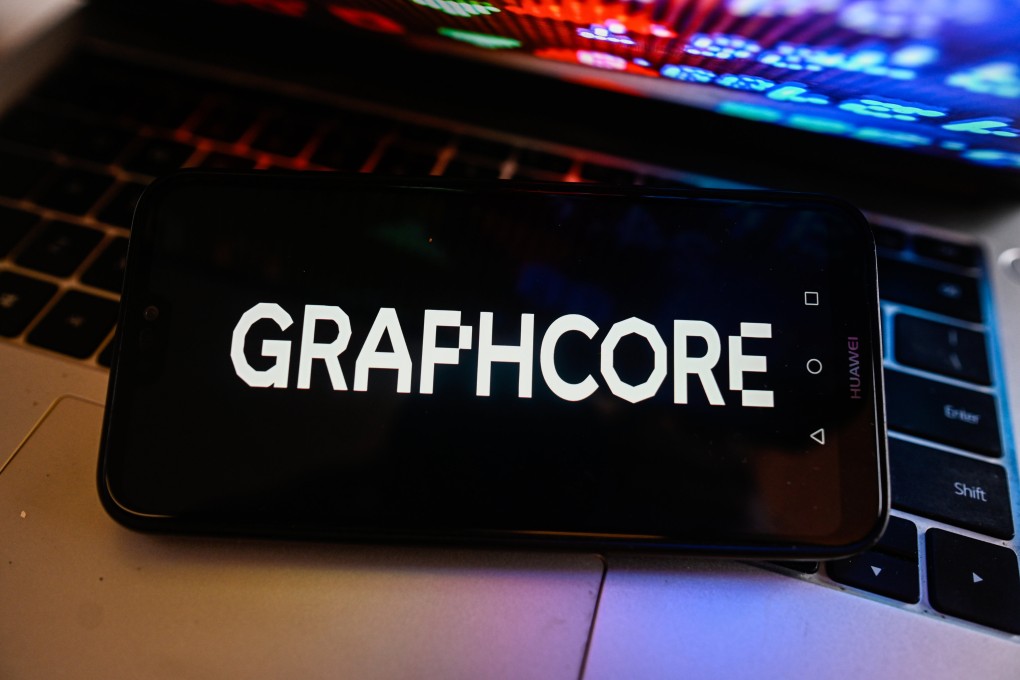British AI chip darling Graphcore pulls out of China as Nvidia rival becomes latest casualty of US export curbs
- The British graphics processing unit maker Graphcore said all of its top-line products have fallen under Washington’s new export rules this month
- The company was seen as a potential rival to Nvidia, which has poured resources into customising chips for China that fall outside evolving US restrictions

The tightened regulations, announced in October, took effect this month and are aimed at restricting China’s access to high-end semiconductor technology with US inputs, focusing on data-centre chips used to train AI.
“The recently updated US export controls mean that Graphcore – in common with other AI hardware manufacturers – is no longer able to sell [intelligence processing unit (IPU)] systems in China,” a company spokesman said in a statement to the Post.
“Regrettably, this means we will be significantly scaling back business operations in China,” he added, noting that all of the company’s top-line products had fallen under the new regulations.
The spokesman did not elaborate on the number of staff that would be let go in China, where it set up its Beijing headquarters in 2019.
The development is the latest setback for Graphcore, a darling of the British chip industry that some say was on its way to taking on American industry titan Nvidia, the maker of the world’s most advanced AI graphics processing units (GPUs). Founded in 2016 in Bristol, England, the company was valued at US$2.8 billion by 2020 after a US$222 million funding round.
